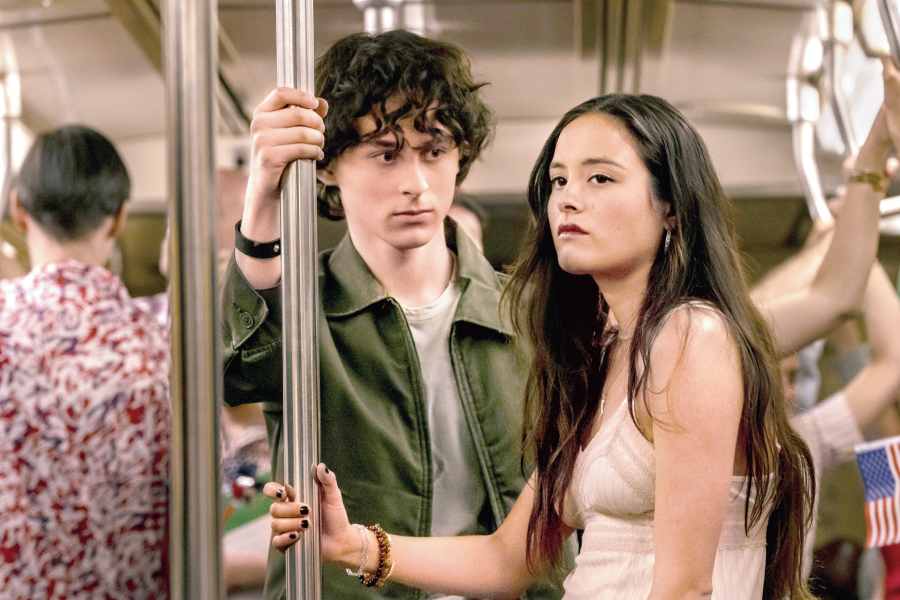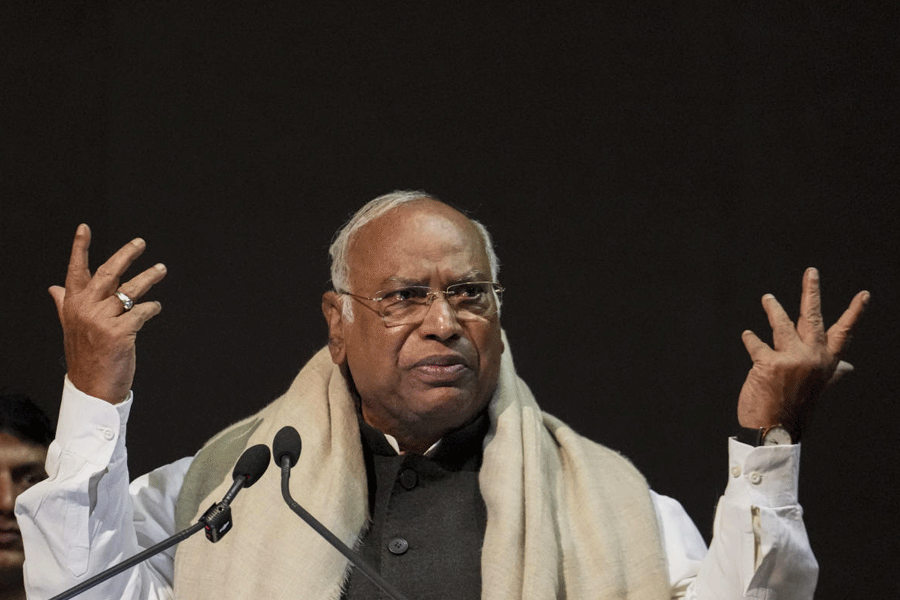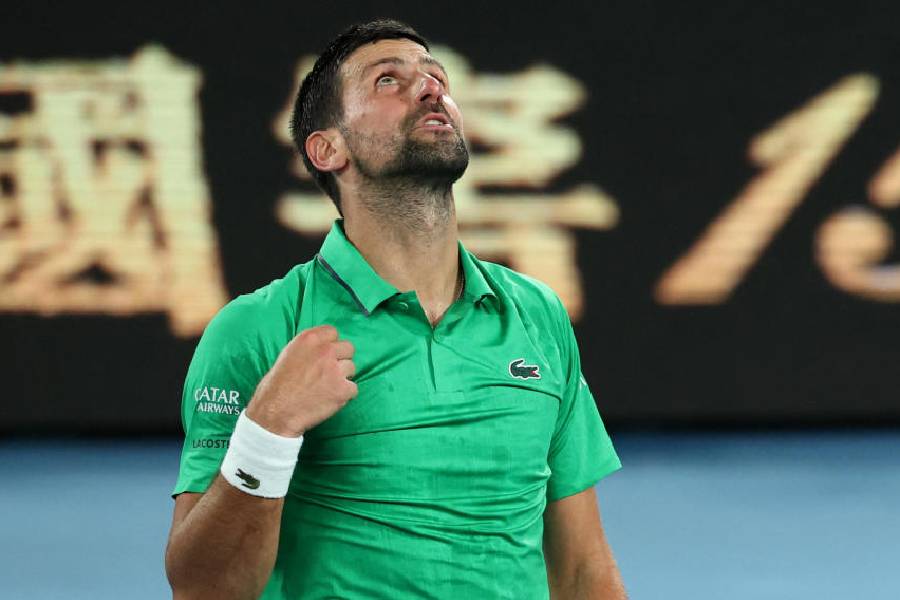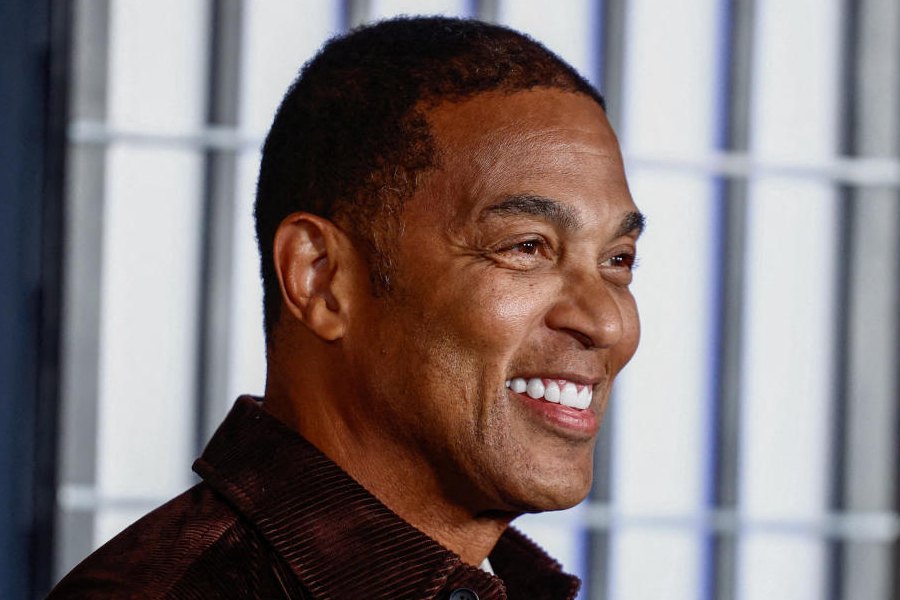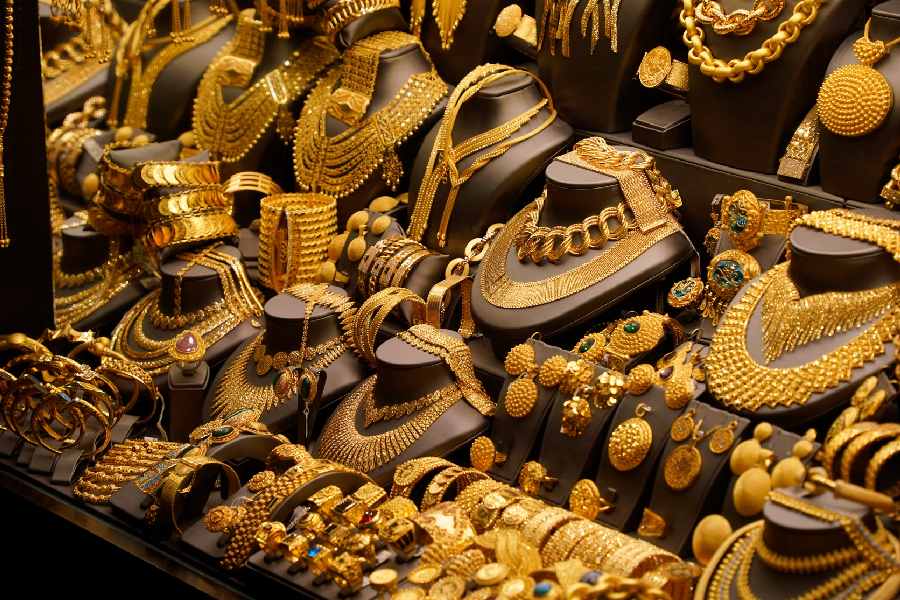When Garth Risk Hallberg’s book City on Fire was published in 2015, many spoke about how it successfully dramatised a hidden interdependence of different sections of New York City. The action unfolded in the late 1970s and the New York City blackout. Josh Schwartz (Gossip Girl, Chuck and The O.C.) and Stephanie Savage (Gossip Girl and The O.C.) decided to update the era and put the storyline in a different perspective.
Their show is called City on Fire and it unfolds in 2003 while murmurs of 9/11 are heard in the background. Set to stream on Apple TV+ starting May 12, the show’s main characters are Charlie Weisbarger (Wyatt Oleff), a floppy-haired teenager who meets Samantha Yeung or Sam (Chase Sui Wonders), who likes to keep a visual record of her journey. An incident in Central Park changes everything and it affects not only the lives of the two youngsters.
Here’s what Chase and Wyatt told us over a video call ahead of the premiere of the Apple TV+ show.
In the past, New York has been about the American dream. Do you think youngsters still view New York as a dream city?
Chase Sui Wonders: Yes, it’s the best city in the world; it naturally has this aspirational quality. You come to New York, and there’s so much energy. Everyone has a dream here. I think it’s a city that fills people with a sense of freedom, a sense of energy. Also, it’s such an anonymous city… there are so many people, you can be anyone you want to be; you can do anything you want to do. You come here to try new things and try to be the person you want to be, whether that works or not, is a different story.
The book has an immersive quality and the challenge of translating that into a series is enormous. The complexity in the narrative must have been challenging for an actor. Can you speak a little bit about that?
Wyatt Oleff: Yes, this is such a twisty story. And I remember when I first got on the project, I asked Josh (Schwartz) and Stephanie (Savage), if I should read the book, and they were like, ‘nay’. I wanted to respect the written words but the book is not the Bible. We wanted to respect the original story, and also create something that works as a TV show format. There were a few moments when Chase and I would ride to work together. Chase would show me the audiobook, specifically the first meeting between Charlie and Sam. I got to read a little: Oh, Charlie likes to hum when he’s nervous, I thought. And I brought that up to Josh and Stephanie, and they thought differently. The pacing of the show is different.
Chase: It was helpful in filling in details around the backstory.
What is it like getting in the early 2000s space; it’s not that it was a long time ago?
Chase: If anything, I feel like it’s more fun than I feel like if we were to do a period piece in the 1800s; you’d have to just like invent a whole different language and framework of reference. Because it’s close, I think, there’s like that uncanny valley of similarity. The biggest difference is the technology aspect. That was the early days of cell phones, analogue texting.
Did you guys prepare in a specific way for the series; is it different from how you have worked in the past?
Wyatt: I think definitely all the roles I played before have played a hand in constructing Charlie. Through experience, I’m able to see what works for me as an actor, and how I develop a character over time before a project… making a playlist or like going back to the book and reading parts of his backstory or how he thinks. It’s all this small stuff that no one may notice, but it makes me feel I can believe in myself more. And if I believe in myself, I hope other people will as well.Chase: I think Sam is like the coolest, most competent character I’ve ever played. I usually play cocooned… like withdrawn individuals. Here it’s a brave character facing the world.
Music is obviously a very important part of the show. If you can share a little bit about the music you like — punk, rock, underground...
Chase: I’ve been listening to a lot of rock or music with elements of rock. I’m deep into The Strokes. Then there is Machine Gun Kelly. A lot of like angsty rock… LCD Soundsystem.Wyatt: It was fun to hear the songs that they made for the show because they’re very much inspired by that time and by a lot of bands around that time as well. Being able to rock out to it was fun and an experience that I haven’t been able to have before.
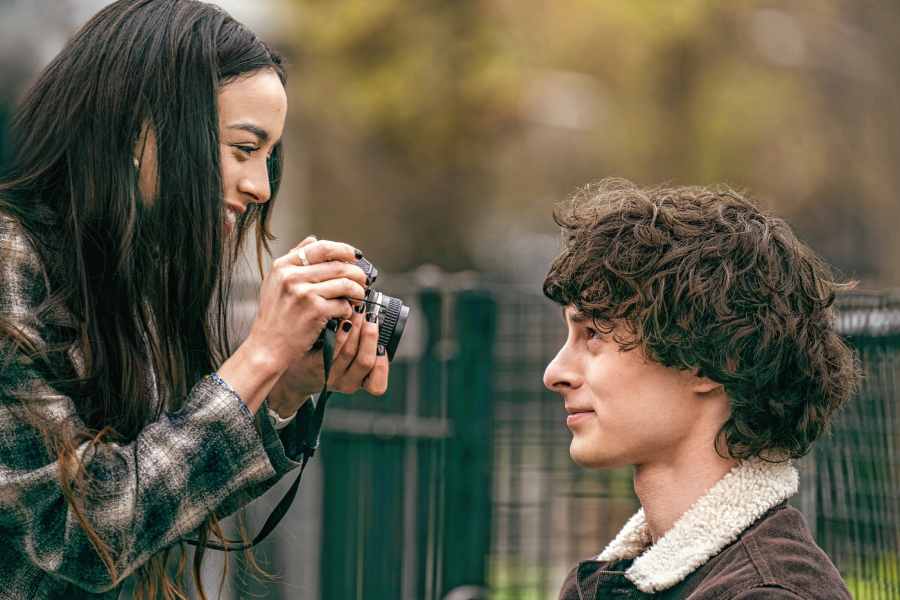
Chase Sui Wonders’s character Samantha/Sam wants to capture every moment of her life
Chase, how did you tackle all of those preconceived notions about what a cool, confident character is like because Sam is very different?
Chase: Josh and Stephanie are such smart writers and they’re so nuanced; there are so many layers. I think they work so well with archetypes that have persisted in storytelling over time. But they transcend all the stereotypes that you could possibly think of for Sam. It’s what’s inside Sam that drives her. The cool outfits and her demeanour are the fun part. But I think the most interesting, meaty part of it is the kind of vulnerability she has; she’s kind of a lost child. She’s lost and she’s doing her best to mask that and move through the world confidently. At the end of the day, she just wants a home and she finds a version of that with Charlie. There are so many visual twists and turns and complications.
There are so many different genres on the show but they all come together very well. In approaching the show, were you thinking about it?
Wyatt: Not at all. There’s a shift between tones, between all the different characters but for the parts I was involved in, whether it was more of the rom-com and then getting into the mystery-crime-thriller part, it all felt like a very natural progression for Charlie. Josh and Stephanie helped create a smooth transition between all the different genres and events through the show.
How was it for you to revisit the state of alert and panic that came with 9/11?
Chase: Living in New York, you hear so many stories; everybody has a story about their experience of 9/11. There was such a concentrated feeling of solidarity. Just being together and all having this kind of shared experience… that everyone was trying to recover and rebuild. I feel it’s in these dark periods that magic happens because people reach out to one another and help. That’s like the core of the show… the spirit of the show. Sam and Charlie do just that. They are like lost individuals and them coming together is satisfying on so many fronts; they’re able to find each other.
Every generation has its rebel, fighting for different causes. What are some of the issues that are close to your heart?
Chase: First, pay our writers (a reference to the writer’s strike in Hollywood). Also, the show tackles themes that are so relevant; themes of gentrification, class warfare. I feel nowadays people are so stuck in their camps. This idea of strength… being firmly rooted in your tribe, and not kind of seeing what other people have to say. I feel those kinds of tides are turning. Tolerance for other people is also something (important).
How does it feel to act in a version of New York versus enjoying the real city?
Wyatt: What was so fun about the show is that we got to shoot a lot on location. Being able to walk along the streets and sometimes it blurred the line between reality and fiction… walking on the streets with our cups of coffee, like going into an NYU building and going into the dark room. It feels very true to New York City. There are a lot of similarities between the New York of 2003 and 2023, even though they’re so different in a lot of ways. It was interesting filming here, because it was also my first time here for an extended period of time.
Chase: Also, our director, Jesse Peretz, is literally a rock star. He was in the band The Lemonheads. He stormed around New York during this time period (early 2000s). So he brought that knowledge too. There’s real energy and it’s something that hasn’t been put on.
City on Fire will stream on Apple TV+ May 12 onwards

